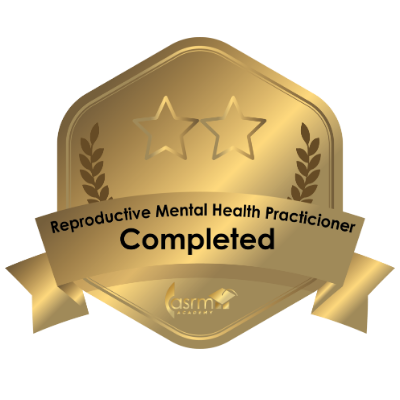Those with infertility need support. But sometimes it might feel like you can never win. You say the wrong thing no matter what. I encourage all of my clients to better communicate how they feel to their support people. But you can do things on your own to have a better understanding of infertility and the pain and sadness your loved one feels.
The first step is to learn more about infertility. Something that is hard for those struggling with infertility is to explain to every person they know what infertility means and how fertility treatments work. Obviously you can go online and research infertility.
You’ll get the definition: a disease of the reproductive system defined by the failure to achieve a clinical pregnancy after 12 months or more of regular unprotected sexual intercourse.
You’ll get the statistics: 1 in 8 couples experience infertility. But there’s more to infertility than this (check out my post What is Infertility). Knowing the definition and statistics will give you a start.
So here are some of the best ways to learn about infertility, and how you can best support your infertile friends and family:
1. Read blog posts. There are so many articles out there about how to support friends and family with infertility. Follow this blog, and check back later when I post my favorite blogs to follow for information about infertility.
2. Read books. There might not be as many books about how to support someone with infertility, but there are a lot of books about how a person can deal with infertility. If you can read the words of those struggling with infertility, it will be easier for you to understand them and find ways to support them. Read books about the mechanics of infertility, read memoirs where people talk about the devastation of infertility. Don’t know where to find these books? Check back for a post about best books about infertility.
3. Ask questions. But don’t ask the same question over and over again. If you can’t remember how IVF works, look it up online, don’t keep asking your friend. It gets exhausting to explain it for the umpteenth time. The best questions to ask are open ended. “How do you feel?” type questions. And again, check back later when I give a list of the best things to say to someone going through infertility.
4. Have empathy. This is so important. You’ll never truly understand what they’re experiencing, unless you’ve also personally experienced it. But you can put yourself in their shoes and imagine how difficult this process would be. Those with infertility need better support. Be there for them by learning more.
Share this story
Julie Potter, LCSW is a psychotherapist based in Kansas City, MO providing individual, couple and group therapy for people struggling with infertility and family building challenges. She offers in-person sessions as well as remote sessions for people based in Missouri, Kansas, Idaho and Utah.










